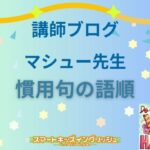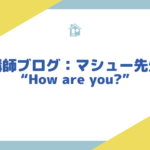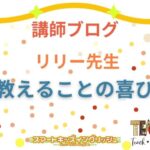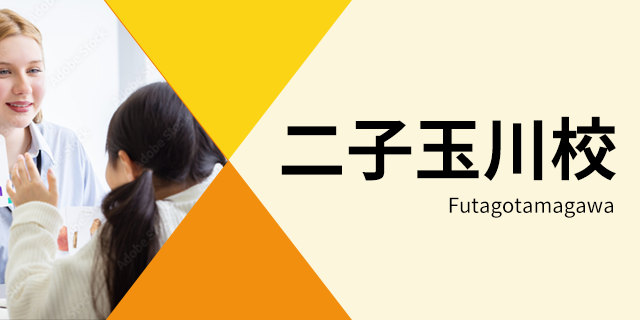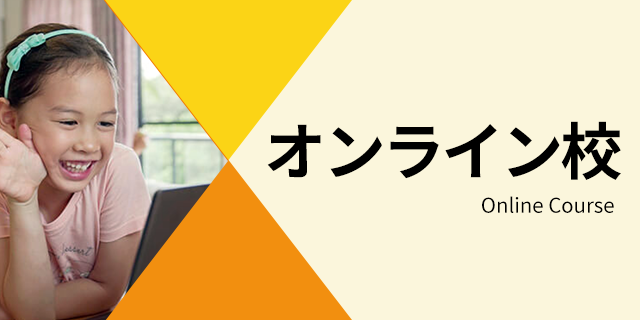(下に日本語訳があります)
I was teaching a lesson recently, and a word came up that was both difficult and strange. This word was: triskaidekaphobia. This means to be afraid of the number 13. Using this word is extremely rare and is usually used when explaining the history of the number 13 or when talking about words that seem funny. We don’t have to use this word when speaking because it is very challenging to read, spell and say.
According to the Oxford Dictionary, English has around 171,476 words. Some words are used much more than others and this number actually changes with new words being added and old words becoming obsolete. The average English speaker only knows about 20,000 to 30,000 words. So not knowing some words is perfectly okay.
There are situations where we need to know the meaning of words. One example is when you go to the clinic or hospital. While medical terms may be challenging, it is very important to know what’s going on with your body. However, there’s the word “pneumonoultramicroscopicsilicovolcanoconiosis”. This is a 45 letter word that is the name of a lung disease caused by inhaling ash or sand. This is the longest word in the English dictionary and there is an extremely low chance that you will ever use this word. Funnily, this word is also long in Japanese as it is made up of 12 kanji characters. For most people, it is not an important word. Ironically, there is a word for being afraid of words that are very long – it’s called “hippopotomonstrosesquippedaliophobia”. You do not need to know every single word in the dictionary.
Some words are helpful and can make your English more interesting and complex. Similar to Japanese, there are words that we can use that fit a situation perfectly. However, for native speakers, we may not always use these words. Sometimes, short and simple is best. Sometimes these long words can be helpful to practice reading as you must go through each sound slowly to get the word correctly. The other use that these extremely long words can have is showing off to your friends that you know a word that is over 30 letters long!
Even as an English teacher, I still learn new words every day. The point is, we don’t have to know every single word in English. There are too many to learn. It is best to focus on the most important words for you. It can feel discouraging to see how many words are out there, but remember that even native speakers don’t know every single word.
Lucas
最近授業をしていたときに、難しくて変わった単語が出てきました。その単語は「triskaidekaphobia(トリスカイデカフォビア)」です。これは「13という数字を恐れること」を意味します。この単語を使うことは非常にまれで、通常は13の数字の歴史を説明するときや、面白い単語について話すときに使われます。読むのも、スペルを書くのも、発音するのも難しいので、会話の中でこの単語を使う必要はありません。
オックスフォード辞典によると、英語には約171,476語あるそうです。その中でもよく使われる単語とそうでない単語があり、この数は新しい単語が追加されたり、古い単語が使われなくなったりすることで変化します。平均的な英語話者が知っている単語の数は約2万〜3万語といわれています。ですから、いくつかの単語を知らなくてもまったく問題ありません。
しかし、単語の意味を知っておかなければならない場面もあります。例えば、病院やクリニックに行くときです。医療用語は難しいかもしれませんが、自分の体に何が起きているかを理解するのはとても大切です。「pneumonoultramicroscopicsilicovolcanoconiosis(ニューモノウルトラマイクロスコピックシリコボルケーノコニオーシス)」という単語もあります。これは火山灰や砂を吸い込むことで起こる肺の病気の名前で、45文字からなる英語で最も長い単語です。この単語を実際に使う機会は、非常に少ないでしょう。面白いことに、この単語は日本語でも長く、12文字の漢字(超微視的珪質火山塵肺疾患)で構成されています。多くの人にとって、この単語は重要なものではありません。皮肉なことに、「とても長い単語を恐れること」にも名前があります。それが「hippopotomonstrosesquippedaliophobia(ヒポポトモンストロセスクイッペダリオフォビア)」です。辞書のすべての単語を知る必要はありません。
役に立つ単語もあり、それらを使うことで英語をより面白く複雑にすることができます。日本語と同じように、状況にぴったり合う単語もありますが、ネイティブスピーカーでもそれらを常に使うわけではありません。時には、短くてシンプルな言葉の方がよい場合もあります。長い単語は、読む練習として役立つこともあります。一つ一つの音をゆっくり確認しながら読む必要があるからです。また、こうしたとても長い単語を知っていることで、「30文字以上の単語を知ってるよ!」と友達に自慢することもできるかもしれません。
私は英語を教えていますが、それでも毎日新しい単語を学んでいます。要するに、英語のすべての単語を知る必要はないということです。覚えるには多すぎます。自分にとって大切な単語に集中するのが一番です。世の中にこんなにたくさんの単語があることに圧倒されるかもしれませんが、ネイティブスピーカーでさえ、すべての単語を知っているわけではないということを忘れないでください。
ルーカス先生:先生紹介




